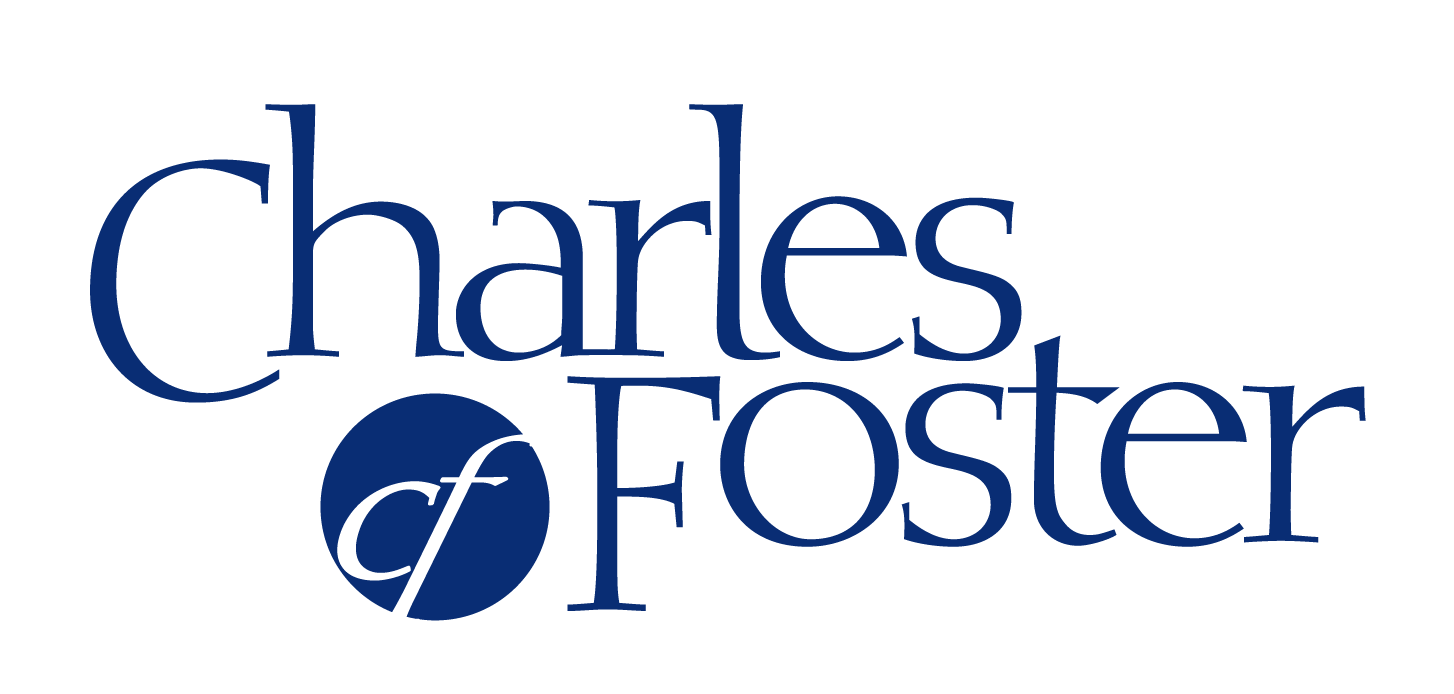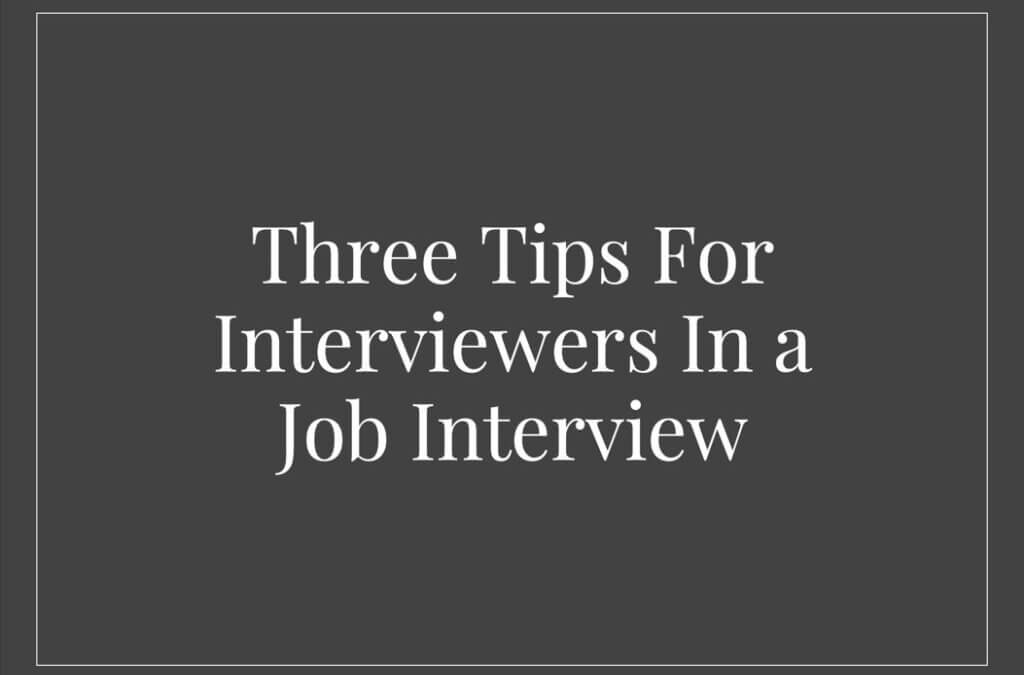As a hiring manager for a highly competitive job, selecting the perfect candidate can be extremely tricky. How do you know how each candidate will do in a pressure-packed situation with thousands of company dollars on the line? How do you know that candidates aren’t exaggerating about their capabilities to sound better in an interview?
Well, you can’t- at least not completely. But by asking the right questions, you can at least take some of this guesswork out and fill in a few critical pieces of each candidate’s puzzle. Here are three tips for interviewers that we recommend to help you learn as much about your interview subject as possible.
Ask For Anecdotes Describing Candidates’ Strengths and Weaknesses
In this case, anecdotal evidence is key. Hearing canned answers such as “Oh, I thrive under pressure!” does not elucidate how, exactly, this person would thrive in a high-pressure situation in your company. Asking questions that begin with, “Tell me about a time when…” can go a long way toward determining the character of the interviewee, and ultimately, if he or she would make a good fit. In theory, it’s the candidate simply may be a good liar- or maybe he or she just practiced rehearsing a good story in front of a mirror. Usually, the more precise details are offered, the more likely it is that you’re getting accurate information. Regardless, more often than not, this is an excellent indication as to the kind of employee you would have.
Allow the interviewee to speak at least two-thirds of the time
The exact percentage of the dialogue that the interviewer should be responsible for varies depending on who you choose to ask. Some may say the interviewer should speak for no more than a quarter of the conversation; others may advise the interviewer to cap his or her speech at 30% or one-third of the dialogue.
But regardless of who you may ask, the consensus opinion is going to be that the candidate being interviewed needs to do the majority of the talking. After all, this is the interviewee’s moment to shine- and his or her chance to describe skills, strengths, and past accomplishments that make him or her right for your company. Be sure to get out as many questions as you can to avoid having to follow up, if possible.
Be friendly to the interviewee, but don’t befriend the interviewee
This is one of the more under-the-radar mistakes a hiring manager can make. Sometimes in business, an interviewer winds up liking the interviewee so much on a personal level that hires are made based on the relationship that was formed in the interview room rather than the interviewee’s qualifications and talents.
To avoid this, there’s a fine line to walk. It’s more than acceptable to be polite and friendly toward someone with who you may very well want to work. Just be sure to hire people because they can benefit your business, rather than tell good jokes or stories. Are you looking for that perfect candidate to fill an open role? We can help! Contact us now!

